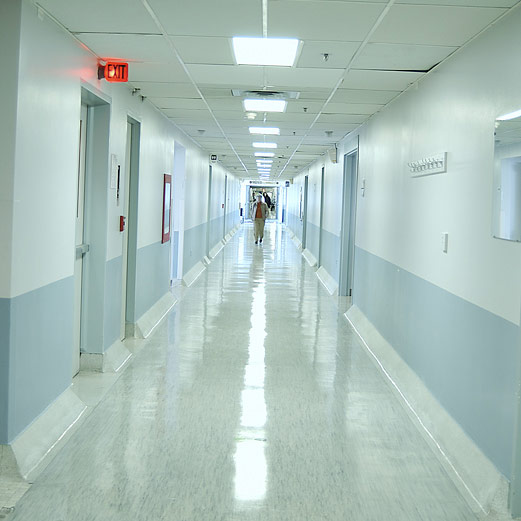
Here are some of the latest health and medical news developments, compiled by the editors of HealthDay:
FDA Warns About Handheld Dental X-Ray Units
Some handheld dental X-ray units sold online are potentially unsafe and should not be used by dentists or veterinarians, the U.S. Food and Drug Administration warns.
The devices — which could expose the user and patient to unnecessary and potentially harmful X-rays — are sold online by manufacturers outside the United States and directly shipped to U.S. customers.
The FDA was alerted about the issue by the Washington State Department of Health, which tested a handheld dental X-ray unit purchased online and found that it did not comply with X-ray performance standards.
To date, no adverse events associated with the devices have been reported, said the FDA, which is investigating the extent of the problem and alerting state regulatory authorities, dental professional groups, and other health organizations about the safety risks.
—–
New Heparin Production Guidelines Issued by FDA
Draft guidelines for the safe production of the blood thinner heparin were released Friday by the U.S. Food and Drug Administration.
Four years ago, contaminated heparin from Baxter International caused allergic reactions in patients and dozens of deaths, Agence France-Presse reported.
Heparin is used to prevent blood clots in millions of patients undergoing kidney dialysis and heart surgery.
The new guidelines are meant for companies that use crude heparin to make drugs and medical devices. The FDA said there is a 60-day review and comment period before the guidelines take effect, AFP reported.
—–
FDA Issues Guidelines for Review of Lower-Priced Biotech Drugs
Draft guidelines for reviewing the first lower-priced “biosimilar” versions of biotech drugs was released Thursday by the U.S. Food and Drug Administration.
Biotech drugs are high-tech medications that cost the United States billions of dollars a year. The new FDA guidelines follow a decades-long effort to lower the price of the drugs, the Associated Press reported.
The specialty cancer drug Avastin is an example of a biotech drug. It costs more than $100,000 a year.
Under the Obama administration’s health care overhaul, the FDA was ordered to created a system for approving biosimilar versions of biotech drugs. The agency will accept comments on the draft guidelines for 60 days before finalizing them, the AP reported.
—–
More Than Half of U.S. Dogs and Cats Too Fat: Survey
Fifty-five percent of adult cats and 53 percent of dogs in the United States are overweight or obese, according to a survey of veterinarians conducted by the Association for Pet Obesity Prevention.
That works out to 88.4 million overweight or obese cats and dogs, CBS news reported.
Twenty-two percent of owners with fat dogs and 15 percent of those with fat cats believed their pets were “normal weight,” the survey found. APOP founder Dr. Ernie Ward referred to that lack of awareness as the “fat pet gap.”
“In simplest terms, we’ve made fat pets the new normal,” he said in a written statement, CBS News reported.
The survey also found that 93 percent of pet owners realize pet obesity is a problem.
—–
Tassimo Single-Cup Brewers Recalled
Nearly two million Tassimo single-cup brewers have been recalled in the United States and Canada after reports of the appliances spraying hot liquid, coffee grounds or tea leaves onto people.
There have been 140 reports of such problems with the brewers, including 37 cases in which people suffered second degree burns, according to the U.S. Consumer Product Safety Commission, the Associated Press reported.
The plastic T-disc that holds the coffee or tea in the appliance can burst while brewing, the CPSC said.
About 835,000 Tassimo single-cup brewers are being recalled in the U.S. and 900,000 are being recalled in Canada. The CPSC also said four million packets of Tassimo espresso T-discs are being recalled after 21 reports of problems, the AP said.
—–
Dozens Ill in N.J. University Outbreak
Norovirus is the suspected cause of an outbreak at Rider University in New Jersey that’s resulted in about 40 students being taken to hospitals.
The university said the students from the school’s Lawrenceville campus were taken to hospitals late Wednesday night. As of Thursday, some of the students had been discharged and returned to campus, CNN reported.
A similar outbreak began a week ago at nearby Princeton University and is still underway.
“We are coordinating treatment information with that university. We have also informed neighboring institutions,” Rider said on its website, CNN reported.
Norovirus causes symptoms such as vomiting, diarrhea and stomach pain.
—–

